1. Suzanne Somers
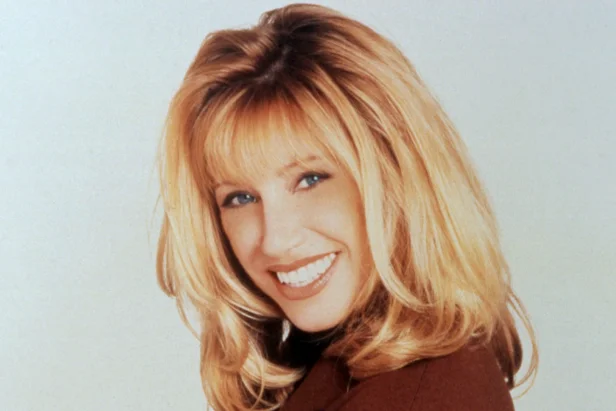
Suzanne Somers became a household name as the lovable and blonde Chrissy Snow on Three’s Company. However, before she found fame on the small screen, she was already dipping her toes in the world of movies. In the late ’70s, Somers starred in American Graffiti (1973) and The Roller Disco Movie (1979). While her film career didn’t eclipse her TV success, it certainly opened the door to her diverse career beyond sitcoms.
Though many remember her for her role in Three’s Company, Somers also found herself in TV movies and comedy films throughout the ’80s and ’90s. Her movie career, though short-lived, paved the way for other roles in the wellness and advertising world. Today, she’s a beloved author, entrepreneur, and spokesperson, a far cry from her Chrissy Snow days.
2. John Travolta
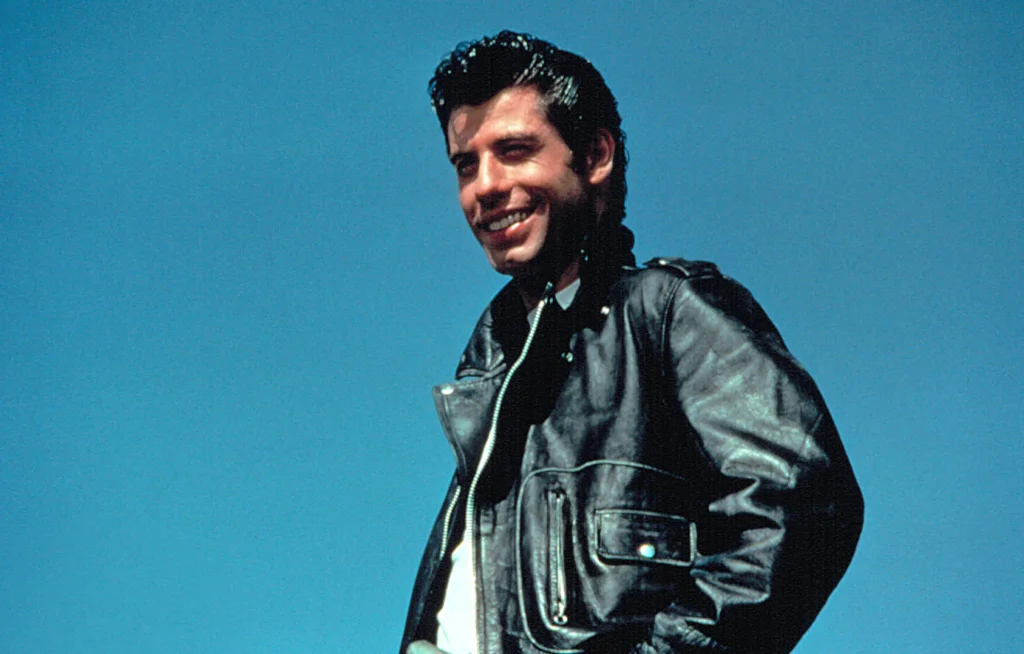
John Travolta’s rise to fame in the ’70s is often associated with his iconic role in Welcome Back, Kotter (1975), but his success wasn’t limited to TV. In fact, Travolta made his way into the film world with Carrie (1976), a horror classic, and Saturday Night Fever (1977), which turned him into a global star. His ability to shift between TV sitcoms and films is what solidified him as a versatile actor early on.
While his film career took off, it wasn’t without its stumbles. After Saturday Night Fever and Grease (1978), Travolta faced some ups and downs with less successful films, but his career was revived in the ’90s with hits like Pulp Fiction (1994). From TV heartthrob to Hollywood icon, Travolta’s transition between TV and movies remains one of the most notable in entertainment history.
3. Sally Field
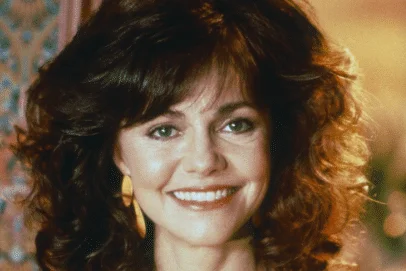
Sally Field became a star in the ’70s thanks to her portrayal of the wholesome “Flying Nun” in the TV series The Flying Nun (1967-1970). But it was her switch to the big screen that truly showcased her range. Field’s breakout film role came in 1979 with Norma Rae, where she portrayed a working-class woman who fights for labor rights, a performance that won her an Academy Award.
The ’70s marked the start of a long and varied film career, with Field gaining recognition for her roles in dramas like Places in the Heart (1984), which earned her another Oscar. Known for her down-to-earth charm and raw performances, Field’s successful transition from television to cinema proves her lasting impact on both mediums.
4. Tom Selleck
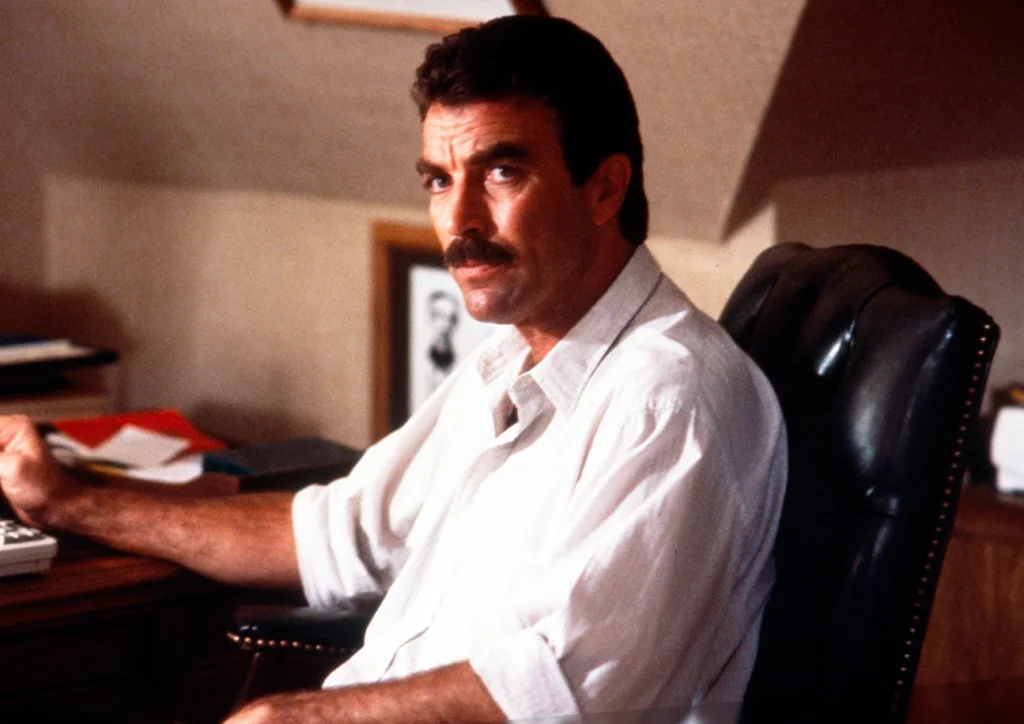
Tom Selleck’s name is synonymous with Magnum, P.I. (1980–1988), where his rugged charm and mustache became iconic, but his movie career began long before his Hawaii-based detective series. In the ’70s, Selleck appeared in films such as Daredevil (1976) and Three Men and a Baby (1987). His early TV work allowed him to make a smooth transition into film, where he took on roles that suited his action-hero image.
Despite his TV fame, Selleck’s film career didn’t quite take off to the same heights as his small-screen success. He continued to find roles in action films and rom-coms, though his most recognizable moments are still tied to his Magnum, P.I. era. Nevertheless, Selleck’s balance between television and film is a great example of versatility in the entertainment industry.
5. Alan Alda
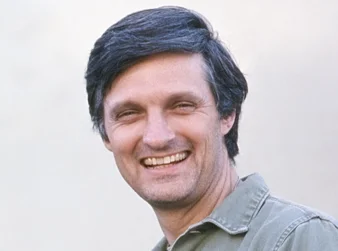
Alan Alda is beloved for his role as the compassionate and witty Hawkeye Pierce in M*A*S*H, one of the most iconic TV shows of all time. But Alda’s acting range didn’t stop at the small screen. In the ’70s, he made the leap into film with roles in movies such as The Seduction of Joe Tynan (1979), a political drama that showcased his serious acting chops.
Despite his comedic roots, Alda proved his talent in serious films, eventually becoming an Oscar-nominated actor for his role in The Aviator (2004). While his TV fame as Hawkeye may overshadow his film career, Alda’s work in both mediums is a testament to his incredible skill as an actor.
6. Lynda Carter

Lynda Carter’s portrayal of Wonder Woman in the ’70s remains her most famous role, but she also made a mark in Hollywood films during the decade. Carter starred in the 1978 movie Bobbie Jo and the Outlaw, which, though not a huge commercial hit, showcased her dramatic potential beyond her superhero persona. She also made appearances in TV movies like The Last Song (1980) and Hawaii Five-O.
Though Carter’s film career didn’t take off in the same way her TV fame did, she still found success with her musical career and stage performances. Her status as a pop culture icon, especially in the superhero genre, continues to thrive, even with fewer major movie roles in her later career.


